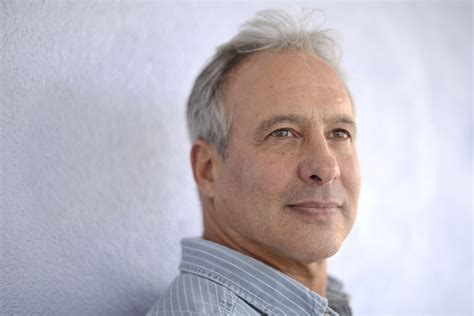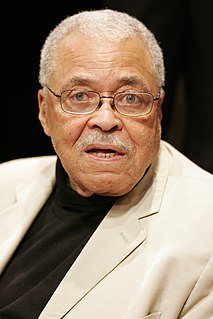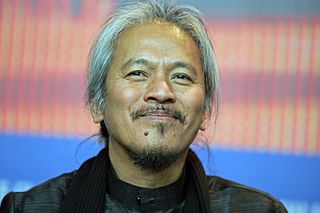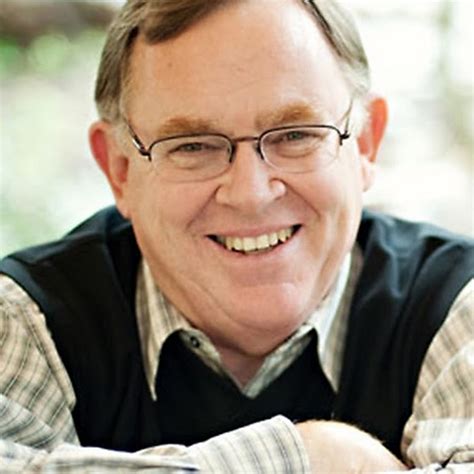A Quote by Russell Freedman
Let's say that history is what happened. The record of what happened is how each individual happens to see those events. They've already been ?ltered. When the historian or biographer takes over, history is no longer exactly what happened, because there has been a process of selection going on; it's impossible to write about anyone, any event, in any period of time, without in some way imposing, even unconsciously, your own standards, your own values.
Related Quotes
To be and to be creative are synonymous. It is impossible to be and not to be creative. But that impossible thing has happened, that ugly phenomenon has happened, because all your creative sources have been plugged, blocked, destroyed, and your whole energy has been forced into some activity that the society thinks is going to pay.
Not all that is presented to us as history has really happened; and what really happened did not actually happen the way it is presented to us; moreover, what really happened is only a small part of all that happened. Everything in history remains uncertain, the largest events as well as the smallest occurrence.
I feel that we're dividing along class lines for the first time in our history. Now one thing that has happened in this reaction to globalization is that the elites are not respectful of the values of those who are ordinary citizens, so we seem to be dividing ourselves into ever-smaller identity groups, each with its own narrative, each with its own grievance, and that's a problem.
You know what, I'm not ashamed of anything that happened. I fall in love really hard, I do. I go deep. That person is it for me. And I love hard, and when it's over, it's over, and some people make mistakes. I wouldn't call it a mistake, it just is what happened in my life, so I'm excited to see what the future holds. It happened, and now I have to say I'm happier than I've ever been.
That something happened to you is of no importance to anyone, not even to you. The important thing about you is what you choose to make happen - your values and choices. That which happened by accident - what family you were born into, in what country, and where you went to school - is totally unimportant.
Here I come to one of the memoir writer's difficulties -- one of the reasons why, though I read so many, so many are failures. They leave out the person to whom things happened. The reason is that it is so difficult to describe any human being. So they say: 'This is what happened'; but they do not say what the person was like to whom it happened. And the events mean very little unless we know first to whom they happened.
Life and study have persuaded me of the openness of history. There is no inevitability in history. Thinking about what might have happened, what could have happened, is a necessary element in trying to understand what did happen. And if, as I believe, individual acts of decency and courage make a difference, then they need to be recorded and remembered.
No! Not for a second! I immediately began to think how this could have happened. And I realized that the clock was old and was always breaking. That the clock probably stopped some time before and the nurse coming in to the room to record the time of death would have looked at the clock and jotted down the time from that. I never made any supernatural connection, not even for a second. I just wanted to figure out how it happened.
Something may have happened before, and yet this thing that happened just after may be so important that you don't even know about the thing that happened before and when you tell your story to yourself, or to someone else, it's going to be told not on the basis necessarily of the time course, but rather on the basis of how it was valued by you.
God often has to untangle some things in you to help you see Him. Even if this process takes months, it's not because he is waiting to see how sincere you are; it's because he is working deep inside you to sort out those things that crowd him out of your heart and set your focus on your own efforts or your own failures.


































